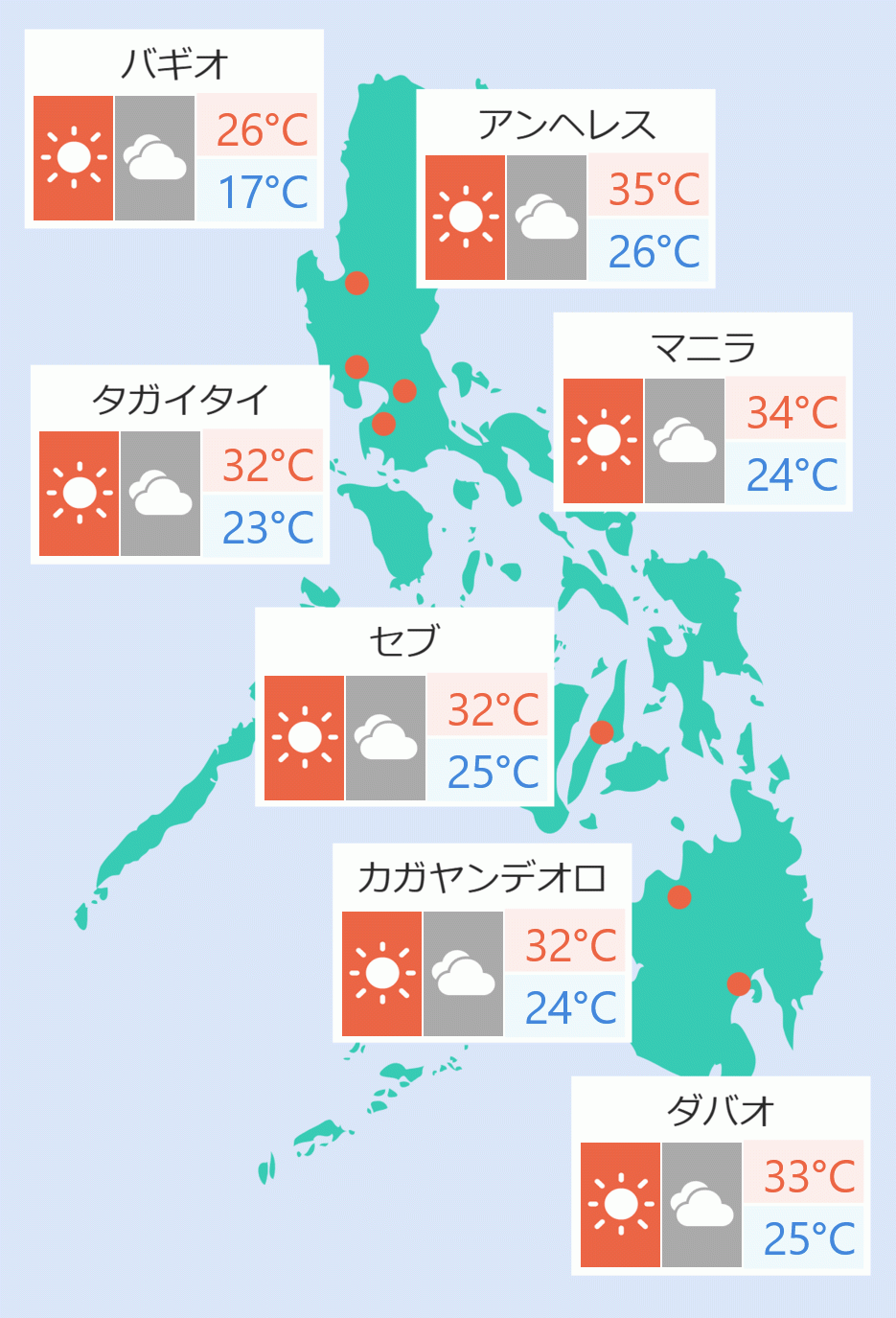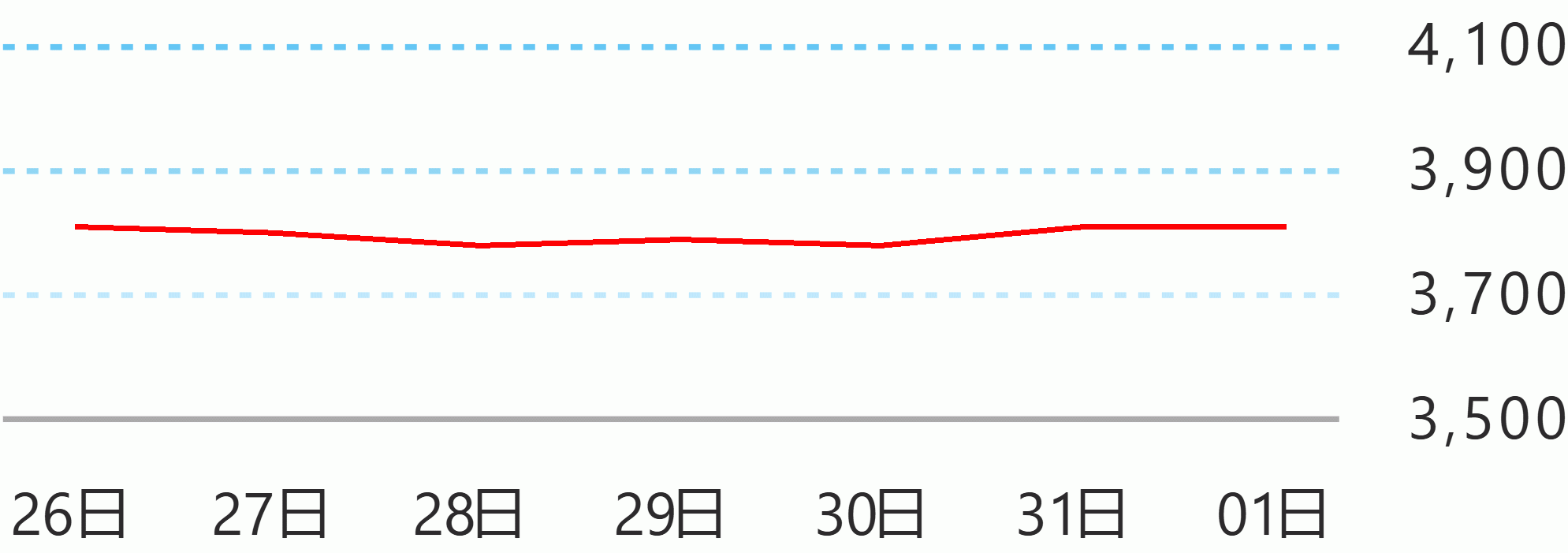The Department of Health ( DOH) said it could not confirm if three foreigners who tested positive for coronavirus cases ( COVID-19) in their country got the infection when they stayed in the Philippines.
The DOH, in a briefing on Friday, said this even as it also reported two more confirmed COVID-19 cases, bringing the total to five. One of them is a 48-year-old man who returned from Japan on Feb.25 and began having chills and fever on March 3.
One of three cases is a 44-year-old Japanese male, who visited the Philippines from February 21 to 28.
Before going to the Philippines, the Japanese had traveled to Cambodia, Vietnam, Thailand, and Japan.
He stayed in three different hotels during his visit to Metro Manila, before flying back to Thailand last February 28.
He experienced cough, shortness of breath, and fever on February 29 and consulted a clinic in Cambodia on March 3, where he was referred to a hospital with no tests done.
He flew back to Japan last March 4 and was tested positive for COVID-19.
The patient was admitted and is still in isolation at Aichi Prefecture Hospital.
"The extensive travel history of the patient suggests possible contraction of the disease in another country," said Duque.
Duque said he cannot reveal where the Japanese stayed in Metro Manila.
Duque said a 38-year-old Taiwanese male, who visited the Philippines from February 28 to March 3.
He said the Taiwanese developed abdominal discomfort and diarrhea on March 2, and experienced sore throat, fever, and malaise on March 3.
The patient consulted at an outpatient clinic in Taiwan on March 4, and was confirmed positive for COVID-19 on March 5.
"The onset of symptoms on March 2 points to possible infection before the patient traveled to the Philippines," said Duque.
The third case is a female, reportedly in her 60s and is living in Sydney, Australia, who attended a wedding in Manila on February 13, and visited Pangasinan.
The patient left the Philippines for Sydney on March 2, and was confirmed with COVID-19 by the New South Wales Government on March 3.
"As for this case, DOH is still verifying information with the International Health Regulation National Focal Point Australia," said Duque.
WHO Representative to the Philippines Rabindra Abeyasinghe concurred with Duque saying circumstances, particularly those of the Taiwanese and Japanese, indicate the possibility of the virus coming from another country.
"We recognize that the incubation phase of the disease is known to be 2 to 14 days. But in the majority of the cases, its 6 to 7 days. So it's very likely that this person got infected before or during travel to Philippines. So the timeline points to possilble earlier infection," said Abeyasinghe in reference to the Taiwanese.
"That person was travelling extensively between many countries for occupational reasons. So it becomes difficult to localize and say just that because that person was in the Philippines, he got infected in he Philippines. We need to recognize that he spent several days in Vietnam, Thailand, and he has been going in and out of Japan also. Infection could have actually happened in any of these countries," he added, referring to the Japanese case.
Assistant Health Secretary Ma. Rosario Vergeire said they have started traciong people who came in contact with the three foreigners.
"We have three foreign nationals who are back in their country already. We will just trace back the places they went to and the people they have been with. We will have different situations but, defiintely, the standard protocols will still be the same," said Vergeire. DMS





 English
English










